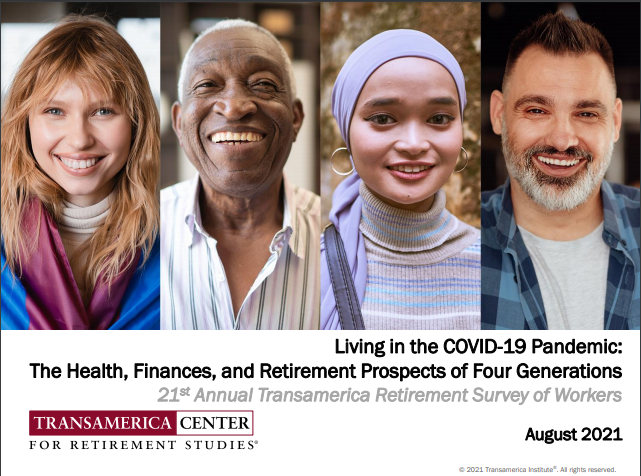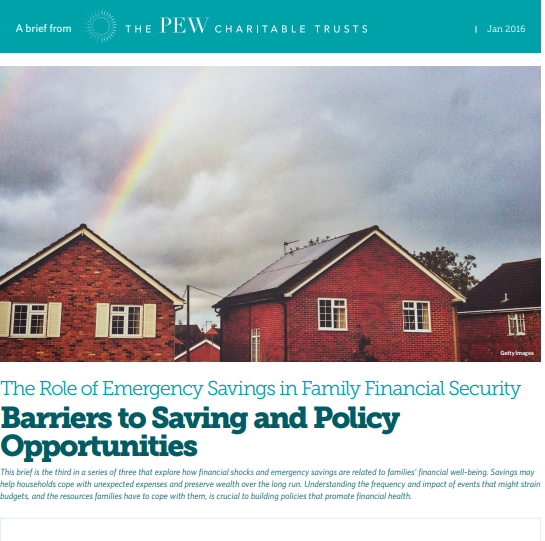Temporal Reframing of Recurring Savings Reduces Perceived Pain and Helps Those with Lower Financial Literacy to Save
By Stephen Shu Steve Thomas & David A. Smith While assessments of the Gig Economy vary in terms of size, growth, and heterogeneity, most studies suggest that this segment of the economy is sizeable, growing, and diverse in terms of types of work. Some concerns in the literature include both the present and future welfare of workers in the Gig Economy. More granular, temporal reframing of savings (e.g., save $5 a day versus $150 a month) has been shown to...










